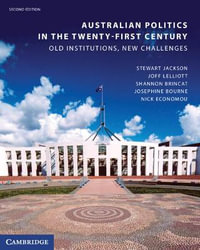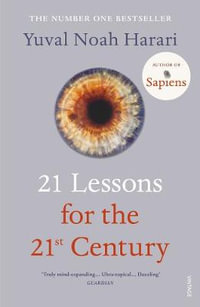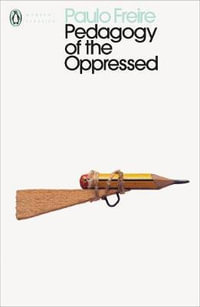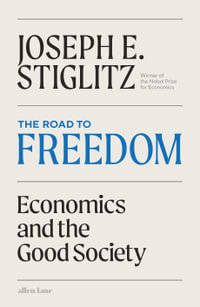The story Aaron relates clarifies and amplifies what happened.
Roy Garland, Irish News, April 2009
Has Edwards succeeded in persuading us that the history of the Northern Ireland Labour Party has more than a nostalgia value for those who find the cruder communal realities of Irish politics unappealing? The answer has to be a resounding yes... Edwards has performed an invaluable service to all those interested in the modern history of Ireland by recreating a lost world: that of the post-war working class, particularly its predominantly Protestant skilled and unionised section... He provides the reader with a detailed and convincing set of portraits of key Labour activists like Billy Boyd and Beatrice Boyd, Sam Napier and Charles Brett as they worked tirelessly to cement relations with Labour in the rest of the UK and expose the narrow sectarian seaminess of much of unionist politics and administration.
Professor Henry Patterson, Irish Political Studies, 2010
It is a timely publication... In like manner, the wealth of detail in Edwards' history is a welcome corrective to the often deterministic accounts produced by political scientists...
Dr N.C. Fleming, Twentieth Century British History, Vol. 21, No. 1, 2010
The wide-ranging nature of this well-researched volume fills a sizable gap in the published study of the workings of the Northern Ireland Labour Party... the study is an excellent history of the NILP which utilises all the available sources, and is a useful book that should appeal to undergraduates and academic alike.
James Condren, Political Studies Review, 2010
Edwards draws upon impressive research to support his thesis... The evidence which he has assembled unquestionably demonstrates that the NILP made electoral headway in majority Protestant and Catholic areas as well as in mixed districts - and not just in the greater Belfast region either... Edwards shows again and again that 'commentators [have] overemphasised the NILP's meteoric decline'... Historians of post-war Northern Ireland will find much in Edwards' book to interest them as well as to infuriate them.
Dr Simon Prince, Contemporary British History (2010)
Edwards is, therefore, to be commended for his effort to rescue the NILP from the historical ghetto. He has mined such sources that are available (including British Labour Party records and oral history) to produce a coherent and sympathetic account that is, however, no whitewash. From his account, it is clear that, from its foundation in 1924 until the end of World War II, the party formed a fairly insignificant challenge to Unionism... [T]his book serves as a valuable reminder of the ambivalent position that Northern Ireland held (and still holds) within the United Kingdom. It reminds us that the instinct to treat the province's problems as peculiarly local and indigenous, separate from the 'normal' history of the rest of the UK, must be resisted. With luck, Edwards's work will encourage historians of the British Labour Party to integrate the story of the NILP much more firmly into their own accounts.
Dr Richard Toye, Parliamentary History, Vol. 29, No. 2, 2010
It is testament to Aaron Edwards that this book on the NILP will be of interest to the general reader as well as historians... Particularly impressive are the individual portraits of those who have slipped through the cracks of the North's political map, once giants now footnotes: Harry Midgley, Tom Boyd, Sam Napier, Vivian Simpson, Billy Boyd... Things are different in the history books. Edwards' analysis shows teeth, as if learning from his subject's diminution, baring them in terse, skilful ways. Architects and adherents of the seemingly endless Unionist-Nationalist cleavage will be thoroughly confounded by Edwards' objectivity... As the Party foundered on faithful sectarian rocks the faces of those who marshalled its momentum faded from view, their endeavour a lost tomb.

























